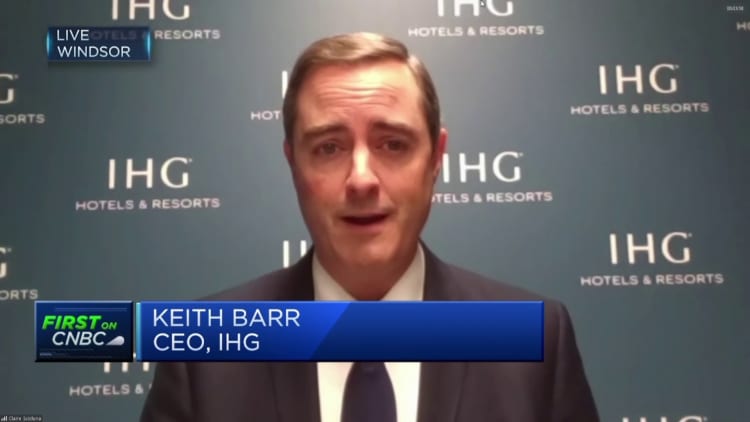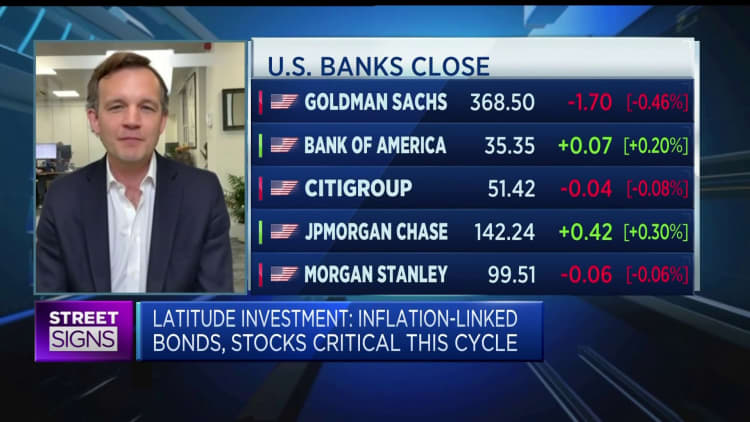European markets closed lower Tuesday as investors weighed corporate earnings with the potential for the U.S. Federal Reserve to remain hawkish.
The pan-European Stoxx 600 index finished off 0.23% for the session, helped lower by Wall Street, with sectors a mixed bag. Tech stocks fell 1.5%, autos dropped 1% and basic resources slipped 1.2%; while banks gained 0.8%.
European markets
Credit Suisse shares fell on reports that remarks made by its chairman were being reviewed by the Swiss financial regulator. Axel Lehmann said outflows from the lender had stabilized in early December, but regulator Finma is reviewing whether the comments were potentially misleading, Reuters reported.
Elsewhere, the U.K. government posted a surprise budget surplus for January.
It comes as markets shift their expectations for significant interest rate cuts this year, pricing in U.S. interest rates above 5% by the end of the year as concerns about sticky inflation weigh on sentiment. The Fed will release minutes from its latest meeting on Wednesday.
Geopolitical tensions are also at the fore in Europe, with Russian President Vladimir Putin giving a speech on the war in Ukraine, which he continues to call a "special military operation."
U.S. President Joe Biden will deliver a speech in Poland later in the day, after visiting the Ukrainian capital Kyiv yesterday in a show of support for the country.
Asia-Pacific markets closed mixed Tuesday as purchasing managers' index data came in higher in Australia but lower in Japan. Hong Kong's Hang Seng Tech index was down 3.08%.
U.S. stocks dropped Tuesday as higher rates continue to pressure market sentiment, and the latest batch of retail earnings raised concern about the state of the consumer.




